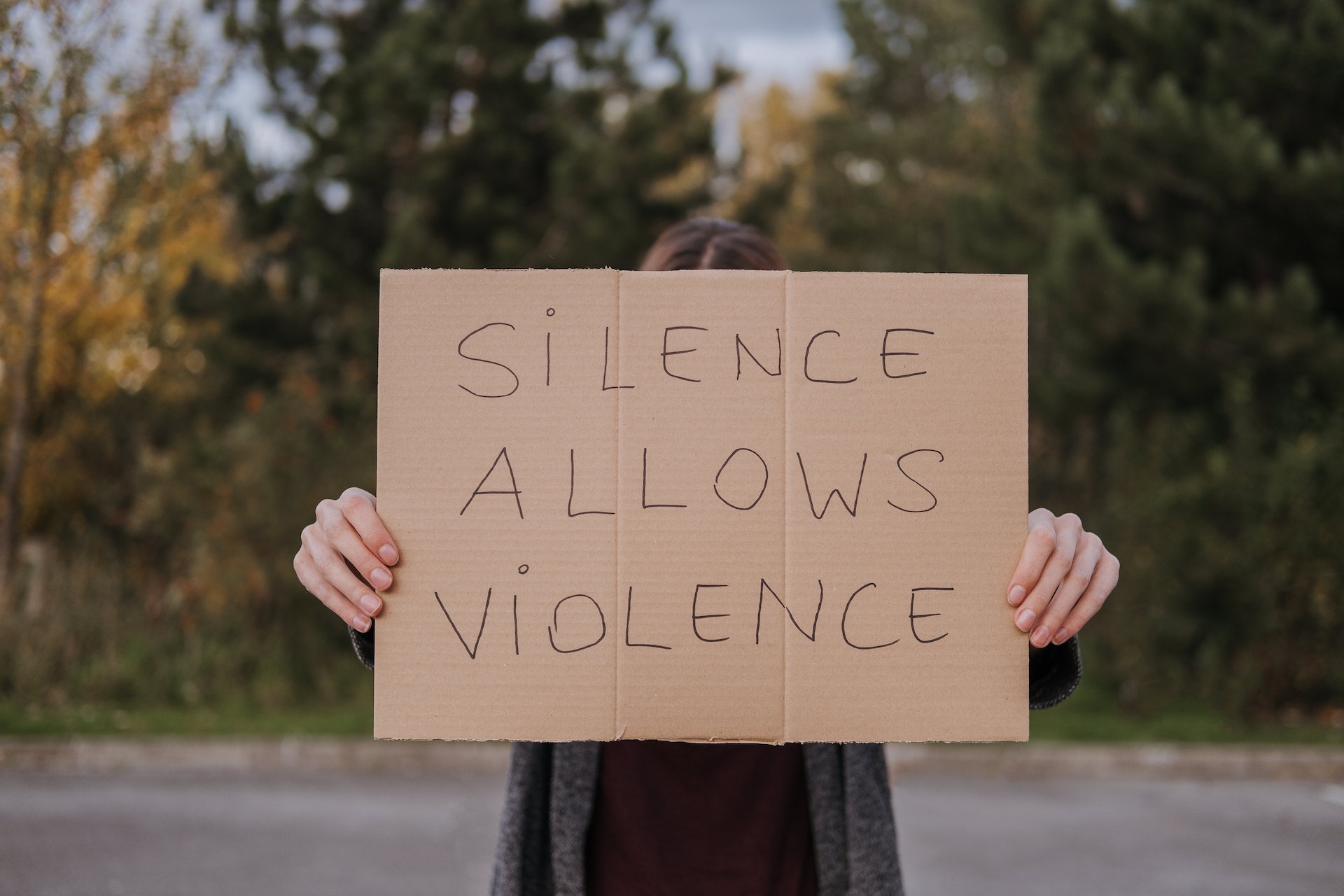Abusive relationship – “It’s love, they said. Then why do I get hurt?”
If you constantly question these words, you may be in the midst of an unhealthy relationship or even experience dating violence. Abusive Relationship is actually a thing that many people experienced from. Based on data from a survey from The Centers for Disease Control (CDC), every 1 in 4 women and 1 in 7 men in US have experienced physical violence from their partner. Unfortunately, such cases are rarely heard publicly because not many people aware of what exactly is violence in dating.
Another reason people refuse to talk about that topic is because of the fear that person has or even love feeling that is too much that consider it as a genuine act.
However, a healthy relationship should be based on love without hurting physically or emotionally. Am I right?

According to The Center for Relationship Abuse Awareness, an abusive relationship is a pattern of abusive behavior and coercion used to maintain power and control over a former or current intimate partner. Violence is not only physical but can be emotional, financial or sexual and includes actions such as threats, isolation, and intimidation.
Signs of Abusive Relationship that You Need to Watch Out For
Now that we know the definition, then what are the sign of violence in dating?
1. They are not afraid of physically hurting you, even intimidating you
This point is the most common and easily known as a sign of violence. If you have been injured by physical violence from your partner, or if you are afraid of your partner, then you are experiencing violence in dating.
2. They have explosive emotions
Besides physical signs and looks, explosive emotions are also a sign. Emotional situations are normal. However, make this situation to solve the problem, not determine which right and wrong.
3. They are possessive, jealous and keep you from your family or friends
Healthy relationships have mutual trust and will not be easily jealous of the people around you. Your partner should also support your relationship with your family and friends, not keep you away from them.
3. They will often underestimate and mocking you
Mutual respect and mutual support are one of the basic things a relationship must have. If your partner cannot respect you and keep dropping you, then you are in an unhealthy relationship.
4. They often stalk, check your cell phone or social media without permission
Even though you are in a relationship, that doesn’t mean you have no right to have your own privacy. The treatment of a partner who continues to feel suspicious of you and does not allow you to have your own privacy is an unnatural act in a healthy relationship.
5. Forcing you to have sex with them or refusing to use contraception during sex
In a healthy relationship, a partner will not force you to obey their wishes. The right partner will kindly ask permission and ask about your wishes. If you finally give your answer, a good partner will respect your decision.
—
If these signs hit you too close to home, you have to realize and stop that you are in an abusive relationship. A healthy relationship should be a relationship that makes you feel safe, comfortable and valued. If you experience all of these signs, then you must realize that the actions taken by your partner are unnatural. If you are considering your decision and feel heavy to go through everything by yourself, it’s a good idea to consult your problem immediately with our psychologist. We need to assess our relationships and don’t be afraid to communicate with your partner or other people about things that gone wrong.
Let’s stand up against violence with Riliv!
References:
- Asmaradani, D. (2018). Kekerasan dalam Pacaran Fenomena Sunyi di Indonesia. Retrieved from Magdalene.co: http://magdalene.co/news-450-kekerasan-dalam-pacaran-fenomena-sunyi-di-indonesia.html
- Black, M.C., et. al. (2018). The National Intimate Partner and Sexual Violence Survey (NISVS): 2010 Summary Report. Retrieved from National Center for Injury Prevention and Control, Centers for Disease Control and Prevention: https://www.cdc.gov/violenceprevention/pdf/nisvs_report2010-a.pdf
- The Center of Relationship Abuse Awareness. (2018). Definition of Relationship Abuse/Intimate Partner Violence/Domestic Violence. Retrieved from The Center for Relationship Abuse Awareness: http://stoprelationshipabuse.org/educated/definitions/
Written by Shafira Amalia Hidayat, edited by Neraca Cinta Dzilhaq, M.Psi., Psikolog.














